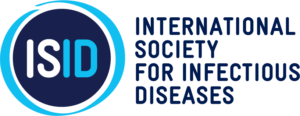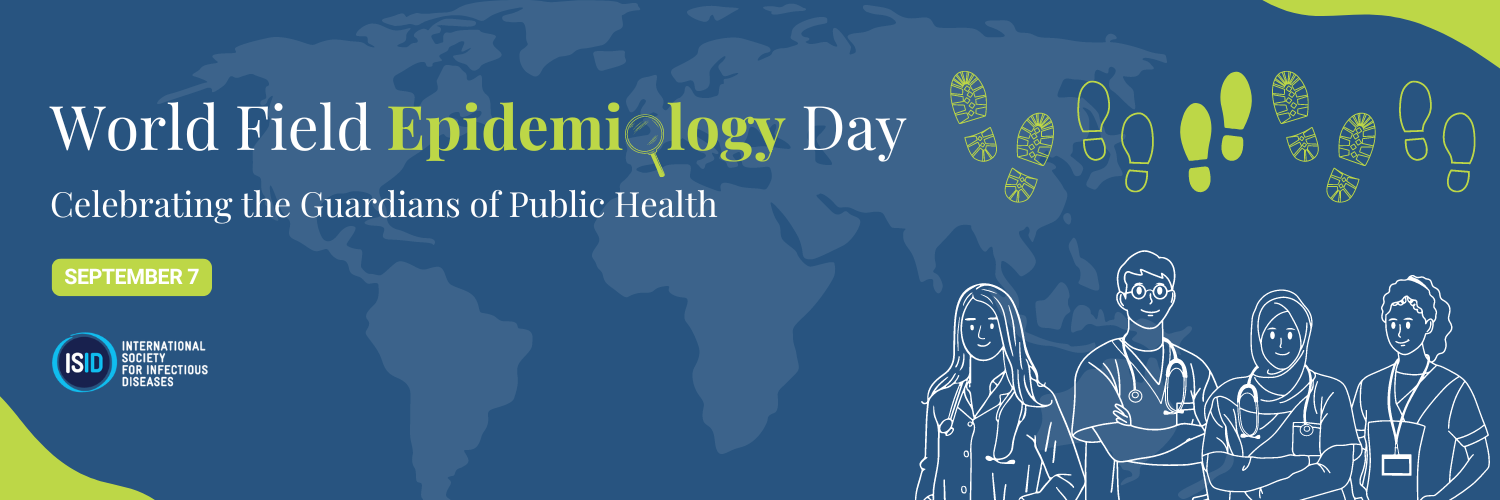World Field Epidemiology Day, observed annually on September 7th, is a tribute to the tireless efforts of field epidemiologists worldwide. These public health professionals are unsung heroes who venture into communities during outbreaks, armed with data, science, and an unwavering commitment to saving lives.
A field epidemiologist is a public health professional who investigates and responds to outbreaks of infectious diseases, environmental hazards, or other health threats in communities. Their primary role is to identify the disease's cause, source, and mode of transmission, assess the outbreak's extent, and guide the deployment of preventive measures such as vaccinations, isolation or therapy. They bridge laboratory research and community health, ensuring scientific findings translate into practical actions protecting populations. Field epidemiologists work with various partners, including governments, non-governmental organisations, and communities, to respond to public health challenges.
Recent events have highlighted the essential role of field epidemiologists. During the 2014-2016 Ebola outbreak, their rapid deployment helped identify transmission chains and informed the development of the Ebola vaccine and ring vaccination strategy. In the COVID-19 crisis, these specialists led contact tracing efforts and clarified viral spread mechanisms, resulting in global non-pharmaceutical interventions. Furthermore, epidemiologists countered misinformation by providing accurate information to communities throughout the pandemic. When mpox spread beyond its endemic regions, field epidemiologists collaborated with other public health professionals to stress the importance of genomic surveillance for tracking virus clades and understanding the impact of human behaviour on transmission.
World Field Epidemiology Day is a day for recognition and reflection.
The call to action:
- As we celebrate this day, we also remember the need to support epidemiologists who often work in difficult conditions, whether in remote areas with limited resources or amid a rapidly unfolding health crisis. Field epidemiologists should have access to the tools, training, and resources they need to protect communities worldwide.
- It is also a call for governments, health organisations to invest in epidemiological training and infrastructure. The future of global health depends on a well-trained and resilient workforce of field epidemiologists. Programs like the Field Epidemiology Training Program (FETP) are crucial in preparing the next generation of epidemiologists. Investing in field epidemiology training is essential for building global health security. By strengthening epidemiological capacity at the local, national, and international levels, we can ensure a rapid and coordinated response to future public health emergencies.
The speed and effectiveness of an epidemiological response can mean the difference between containment and widespread disaster. This will require the skills, dedication, and courage of field epidemiologists. Join the celebration by highlighting how field epidemiologists have made a difference in your community or globally. Support policies and initiatives that strengthen public health infrastructure and invest in epidemiological training. Also, consider a career in field epidemiology—it would revolutionise your understanding of public health.
As we celebrate World Field Epidemiology Day, let us remember the dedication and bravery of field epidemiologists who work tirelessly to protect our health. Today, we honour their commitment and reaffirm our support for their vital role in keeping the world safe.

